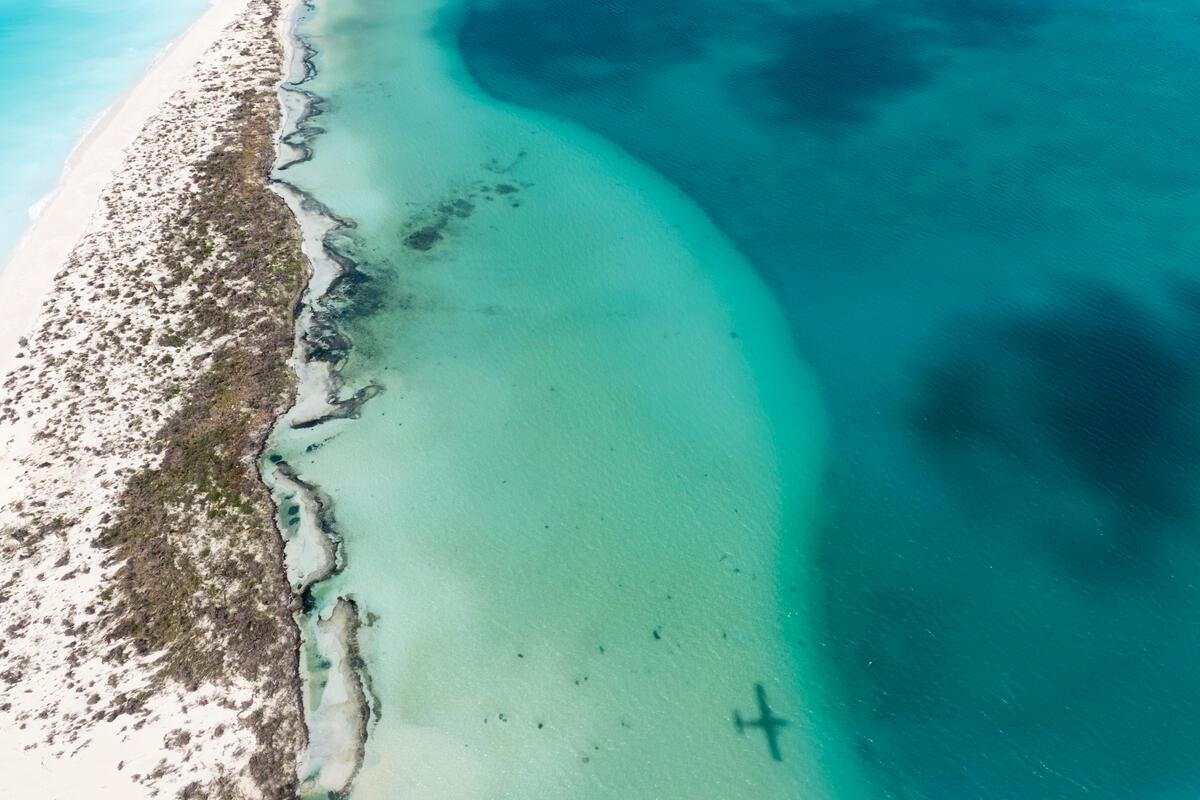
From experimental ocean accounts to SEEA-Ocean
Side event to the United Nations Statistical Commission 2021, organized by: UN-ESCAP, Canada, the Global Ocean Accounts Partnership, UNSD and the World Bank.
Saving the oceans requires better data
Rampant marine pollution from land-based sources, depletion of fish stocks, biodiversity loss, increasing ocean temperatures, and inadequate marine governance threaten the health of oceans and coastal ecosystems, which are vital sources of livelihood, employment, nutrition, and economic growth.
The 2030 Agenda for Sustainable Development highlights the significance of the oceans to global prosperity, peace, peoples, partnerships, and the planet with an exclusive goal (SDG 14 “Life under water”) among the 17 Sustainable Development Goals (SDGs). SDG14 is monitored using ten SDG14 indicators (e.g. quality of marine waters, nutrient levels, sustainable fisheries, and marine protected areas). The indicators are measured independently of each other which often leads to a lack of coherence across policy issues such as the economics, use and health of the ocean. Integrated ocean statistics will enable well-informed policy responses to ocean-related threats.
The System of Environmental-Economic Accounting (SEEA) has been successfully applied in sectors such as water and energy. SEEA-Water and SEEA-Energy have been developed and adopted by the UN Statistical Commission as globally agreed statistical frameworks which all countries can apply. For oceans, however, there is currently no globally agreed standard for integrating diverse ocean data into ocean accounts.
We need SEEA-Ocean.
Why YOU must join ...
... because it is your business to provide the right statistical services to the right people at the right time The side event will highlight and discuss:
- Policy relevance and demand for ocean accounts
- Global importance of progressing methodological guidance for ocean accounting
- Advancing SEEA-Oceans
The Statistical Commission and SEEA-Ocean
In March 2020, the United Nations Statistical Commission commended ESCAP for its work on Technical Guidance on Ocean Accounting and progress made through country piloting in China, Malaysia, Thailand, Samoa, and Viet Nam, and recognized the Technical Guidance provides a solid foundation for integrating ocean accounts into SEEA.
Encouraged by this decision, a proposal to "further develop methodology for ocean accounting, including the development of a SEEA-Ocean" has been developed and submitted to the Commission by a group of international partners -the organizers of this side event. The Commission is invited to express its views on the proposal at its current 2021 session (agenda item 3(f)).
Programme
- Welcome (10 minutes)
- Around the Globe (60 minutes)
A panel debate providing perspectives from decision-makers, statisticians and scientists on the policy relevance and demand for ocean accounts and the importance of progressing methodological guidance for ocean accounting
Moderated by Ms. Alessandra Alfieri, Chief of Environmental Economic Accounts Section, United Nations Statistics Division (UNSD)
Speakers:
- Ms. Crystal Bradley, Assistant Director, Environmental-Economic Accounts & International Partnerships for Nature, Department of Agriculture, Water and the Environment, Australian Government
- Ms. Carolyn Cahill Director, Environment and Energy Statistics, Statistics Canada
- Ms. Katesaraporn Wimonrat, Policy and Plan Analyst, Ministry of Tourism and Sports, Thailand
- Mr. Philip James, Marine Economist, Marine and Fisheries Directorate, Department for Environment, Food and Rural Affairs, United Kingdom
- Mr. Ken Findlay, Research Chair, Oceans Economies, Cape Peninsula University of Technology
- Where to next? (20 minutes)
Reflections by international partners on the SEEA-Ocean proposal put to the Statistical Commission
- Mr. Olaf Schwab, Director General, Economics, Statistics and Data Governance Directorate, Fisheries and Oceans Canada
- Ms. Catherine Van Rompaey, Principal Economist and Team Lead, Economic Statistics, the World Bank
- Mr. Teerapong Praphotjanaporn, Global Ocean Accounts Partnership
- Mr. Anthony Dvarskas, Regional Advisor on Environment Statistics, Statistics Division, ESCAP
- Open debate (20 minutes)
Comments, reactions, questions from the audience
Moderated by Mr. Messan Agbaglah, Senior Economist/Senior Policy Advisor, Economics, Statistics and Data Governance, Fisheries and Oceans Canada
- Summary and closing (10 minutes)
